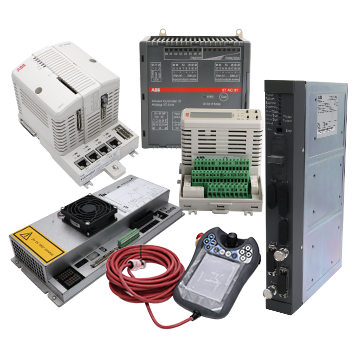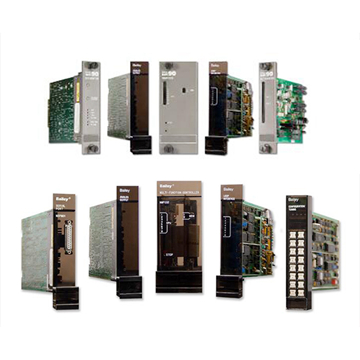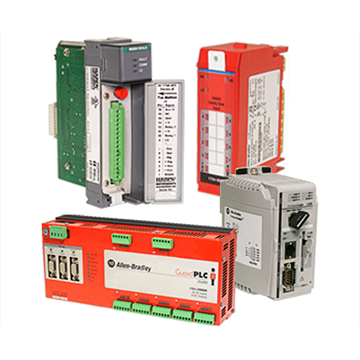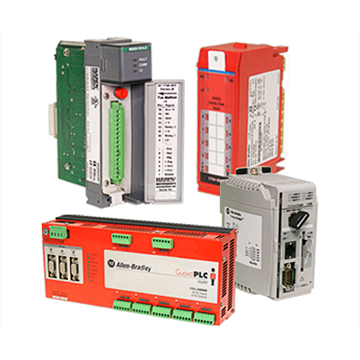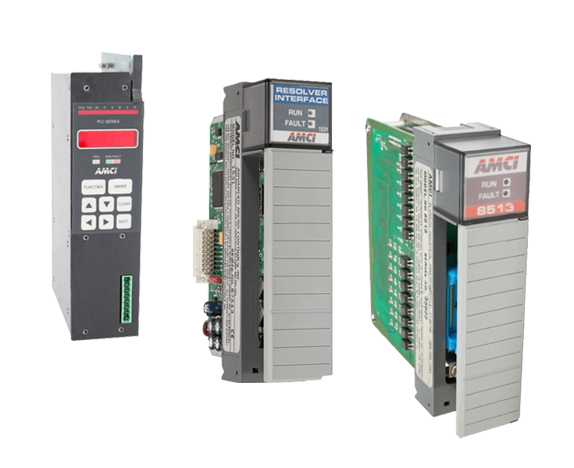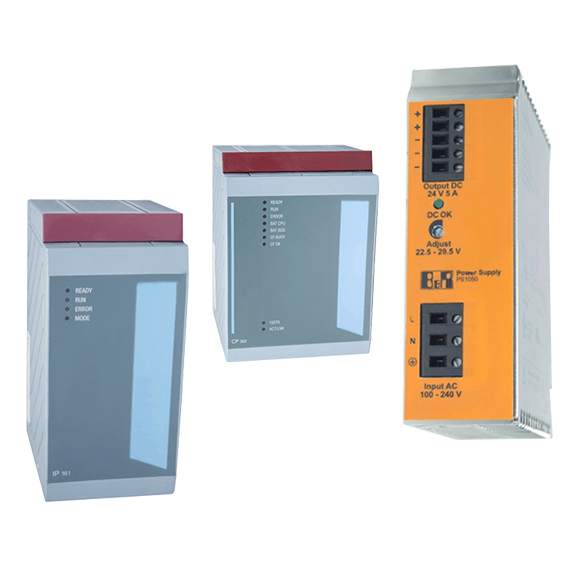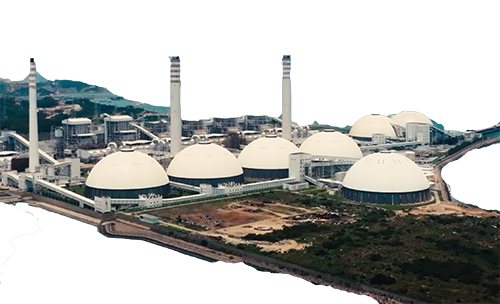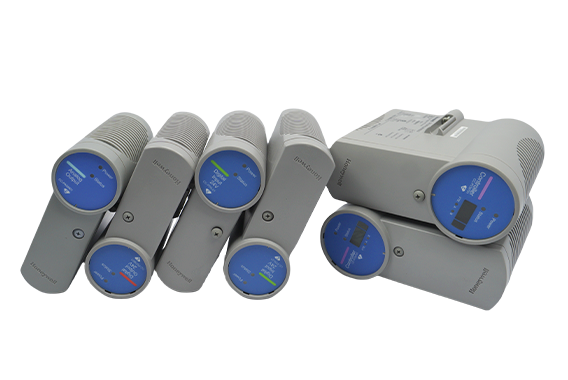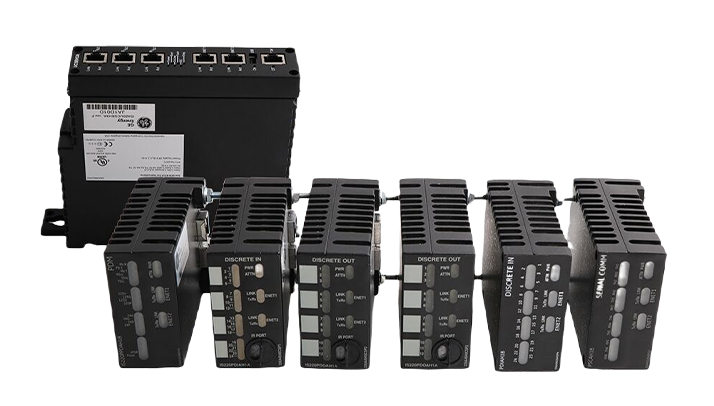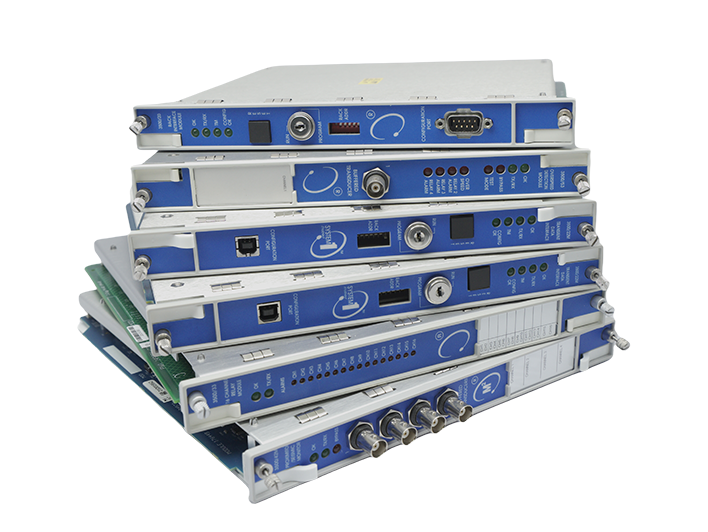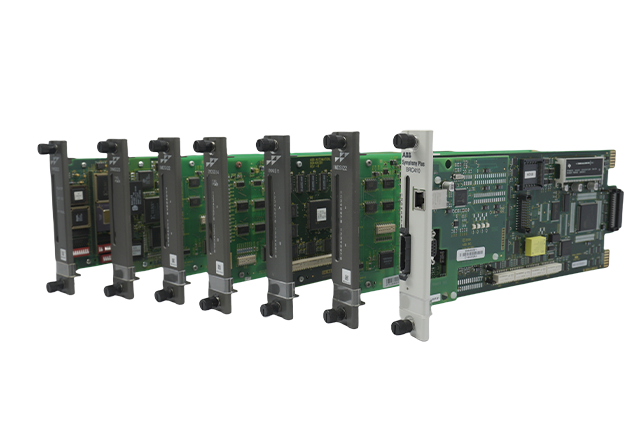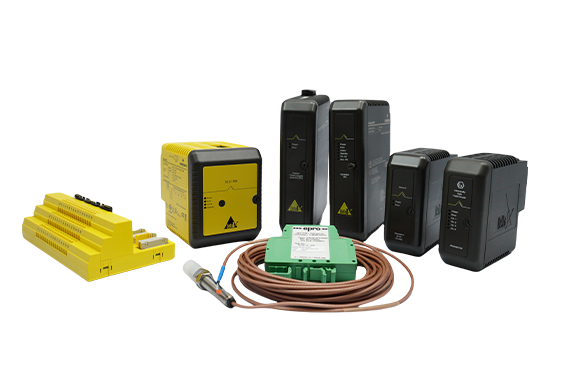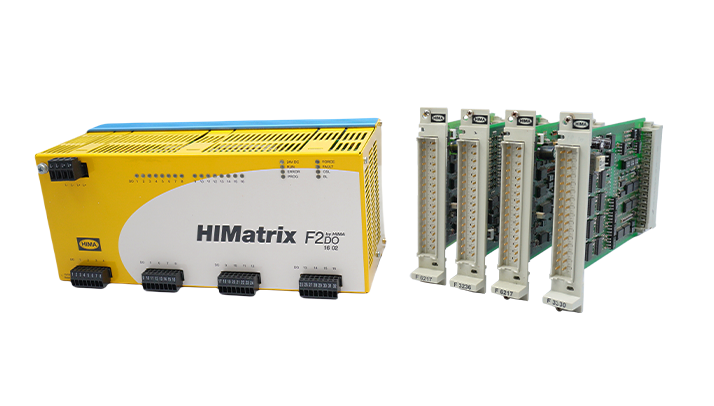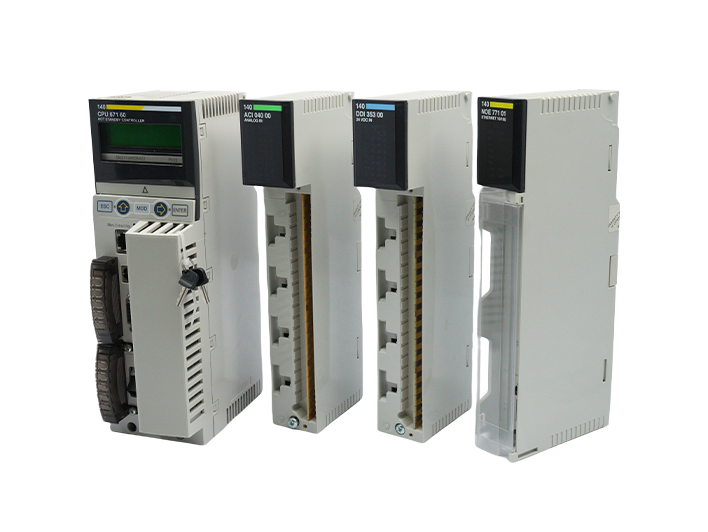Honeywell is a global integrated operating company dedicated to providing innovative solutions across a diverse range of industries and geographies. With a focus on three powerful megatrends—automation, the future of aviation, and energy transition—Honeywell leverages its advanced technologies to address some of the world's most complex challenges. This commitment is supported by the Honeywell Accelerator operating system and the Honeywell Forge IoT platform, which enable organizations to achieve greater efficiency, safety, and sustainability.
Addressing Complex Challenges Across Industries
As a trusted partner, Honeywell helps organizations navigate the complexities of modern operations, offering actionable solutions and innovations across its four key business segments: Aerospace Technologies, Industrial Automation, Building Automation, and Energy and Sustainability Solutions. By integrating advanced technologies and analytics, Honeywell’s solutions not only enhance operational performance but also contribute to a smarter, safer, and more secure world.
Series C I/O Family: A Breakthrough in Control System Design
One of Honeywell’s standout offerings is the Series C I/O family, which is designed to meet the rigorous demands of modern industrial applications. This family features a unique, patented heat channeling form factor that enhances thermal management within control cabinets. The components can be implemented in a redundant fashion, ensuring that there is no single point of failure—providing reliability and peace of mind in critical operations.
Key Benefits of Series C I/O
· Greater I/O Channel Density: The design of the Series C allows for higher channel density, which optimizes the use of space in control cabinets.
· Efficient Heat Dissipation: With its patented heat channeling technology, the Series C effectively manages heat, prolonging the lifespan of components and enhancing overall system reliability.
· Lower Installed Cost: The innovative design reduces installation costs by minimizing the need for extensive wiring and equipment.
· Easier Maintenance: Modular components simplify maintenance tasks, allowing for quick and straightforward servicing without significant downtime.
· Enhanced Robustness and Security: The design improvements contribute to a more secure and resilient system, capable of withstanding the challenges of dynamic industrial environments.
Universal Process I/O Module: Redefining Flexibility
Honeywell's Universal Process I/O module, based on Universal Channel Technology, revolutionizes the way process I/O is managed. This innovative technology reduces or eliminates the need for marshalling and allows for immediate configuration without additional hardware.
Advantages of Universal Channel Technology
· Liberation from Hardware Dependency: Honeywell is the first to fully utilize Universal Channel Technology, freeing process I/O and control cabinets from traditional channel-type hardware dependencies. This flexibility enables easier last-minute design changes and a reduced physical footprint.
· Standardized Universal Cabinet Designs: The technology allows for the standardization of cabinet designs, significantly reducing engineering costs and project timelines. This streamlining process helps organizations adapt to changing needs quickly and efficiently.
Conclusion
Honeywell stands at the forefront of innovation, delivering integrated solutions that address the world's toughest challenges. With advancements such as the Series C I/O family and the Universal Process I/O module, Honeywell empowers organizations to enhance operational efficiency, reduce costs, and improve safety and sustainability. As industries continue to evolve, Honeywell’s commitment to providing smarter, safer, and more secure solutions will play a pivotal role in shaping the future of automation and control.


